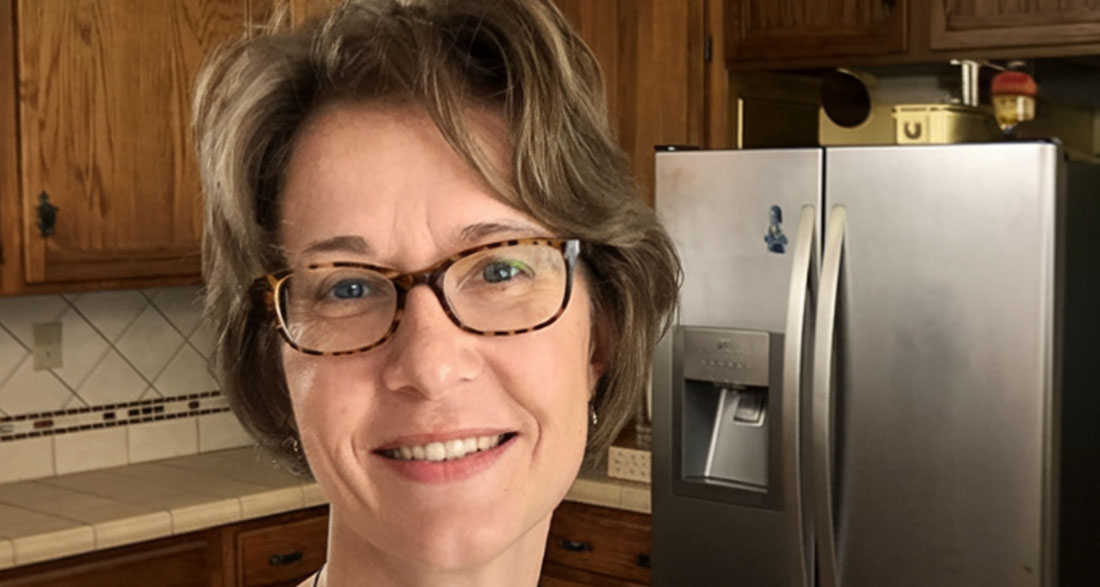I’ve always been the heart and soul of our family dinners, especially during the holidays. Cooking was my way of bringing everyone together, a tradition that meant the world to me. But after Oliver, my husband, passed away, it became hard to find the energy or excitement to cook. I still made meals, but the joy had faded—except during the holidays.
This Christmas was particularly important to me. It was the first time my son, John, and his wife, Liz, would be spending the holiday at my home. Liz had always spent Christmas with her own family, which I understood. But this year, I was eager to see how she would fit into our family traditions.
I woke up early on Christmas Day, filled with excitement to prepare the meal. I made our traditional Christmas dinner—roast chicken, roasted potatoes, and all the side dishes John loved. It was a labor of love, and I wanted everything to be perfect.
But when Liz walked into the kitchen, her cell phone in hand, I felt a sudden chill in the air. She glanced around, wrinkling her nose like something was off. I was already feeling overwhelmed trying to finish the meal, and her expression hit me harder than I expected.
“Hey, Kate,” she said, her tone sharper than I anticipated. “Maybe we should just order food. Not everyone might like what you’ve cooked. Christmas is about everyone enjoying themselves, right?”
Her words felt like a slap. I glanced over at John, who was leaning in the doorway, nibbling on a carrot. He avoided my gaze, staring off into the distance. I had to fight back tears, forcing myself to stay composed.
Dinner time finally arrived, and the table was overflowing with food. Despite Liz’s earlier comment, everyone seemed to enjoy the meal. John, trying to lighten the mood, asked the table, “So, everyone’s enjoying the food, right?”
His uncle chuckled, scooping up more roasted potatoes. “Why wouldn’t we? Kate’s cooking is always fantastic!”
Then, John brought up Liz’s earlier suggestion, making everyone at the table freeze in surprise. “Liz thought we should order in because she didn’t think Mom’s dishes would be good enough.”
A tense silence fell over the room, but my brother quickly broke it with a hearty laugh, drowning his potatoes in gravy. Liz’s face turned bright red as everyone’s attention shifted to her. I could see she felt humiliated, and despite everything, I felt a pang of sympathy. This was her first Christmas with us, and it was far from perfect.
Later, while I was in the kitchen cleaning up, Liz approached me. “Kate, I’m really sorry,” she said, her voice full of regret. “I was completely out of line with what I said. Please understand.”
I looked at her, still feeling the sting of her words. “Understand what, Liz?”
She took a deep breath, clearly nervous. “I said that because John always talks about how amazing your cooking is. I felt overwhelmed by how good everything smelled, and I panicked. I didn’t want to be compared unfavorably.”
I let out a soft chuckle, trying to lighten the mood. “Liz, a boy and his mother’s cooking have a bond that’s hard to break. But I can teach you how to cook just like me. My mother taught me everything I know.”
Her eyes lit up with hope. “Really? Even after how I acted?”
“Yes,” I replied with a reassuring smile. “We can start fresh.”
I led her to the Christmas tree and handed her a present. Despite the awkwardness, I was relieved to realize that Liz’s actions came from insecurity rather than malice. I felt hopeful that we could find common ground and that my culinary traditions could be something we shared, not something that divided us.
If you were in my position, would you have stayed quiet until the truth came out, or would you have addressed the issue right away?

